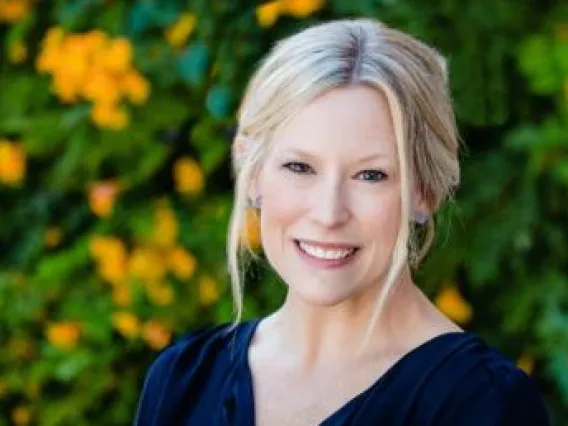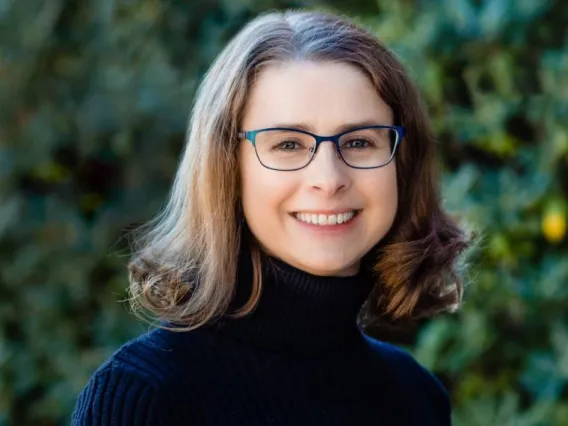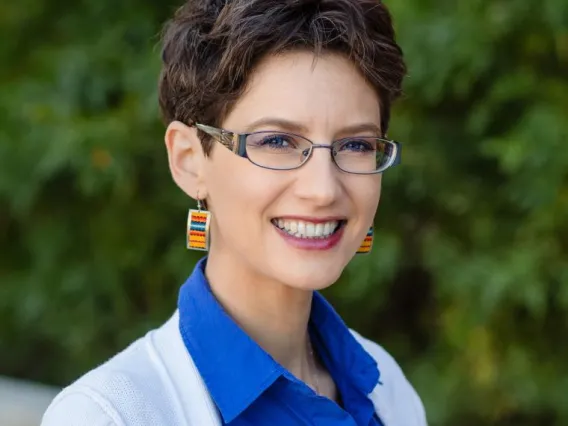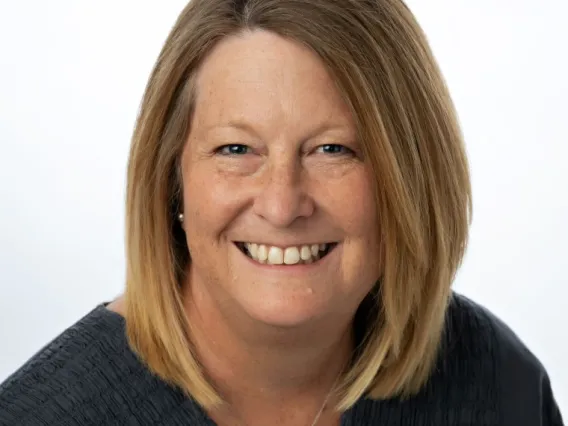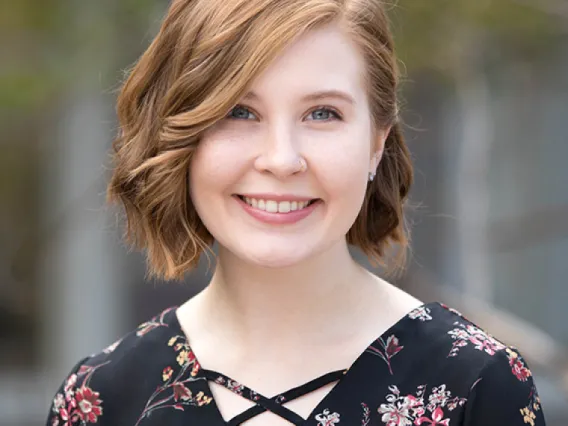Join 6,000 STEM educators across the nation for six weeks as we learn to create inclusive classrooms.
The Inclusive STEM Teaching Project is an NSF-funded massive, open online course (MOOC) for graduate students, postdocs, and instructors with an interest in inclusive teaching. This grant-funded project received an extra year of funding this year but may not be extended after that, so we encourage you to sign up if you've been considering it!
October 7 - November 24, 2024
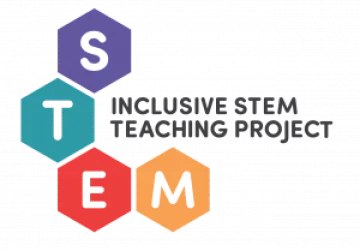
Three ways to participate:
ENROLL in the MOOC on the EdX platform
+JOIN UArizona's learning community on Fridays, 2-3 pm (Zoom)
+ADD an Independent Study (1-unit; indicate interest when signing up for the learning community)
What is the Inclusive STEM Teaching Project?
The Inclusive STEM Teaching Project (ISTP) is a 6-week NSF-funded asynchronous massive open online course (MOOC) designed to advance the awareness, self-efficacy, and ability of graduate students, postdocs, faculty, and staff to cultivate inclusive STEM learning environments and develop as reflective, inclusive practitioners. MOOC activities are designed to nurture a transformative mindset and help participants reflect on key identity-related aspects of each module and identify ways to apply these aspects to their own teaching and learning contexts.
By participating in the Inclusive STEM Teaching Project, participants will:
- Examine issues of diversity, equity, and inclusion in higher education
- Reflect on their own and their students’ identities and experiences
- Question their assumptions and biases around instruction and student learning
- Identify and implement learner-centered structures and strategies
- Apply principles of evidence-based inclusive teaching to future courses
- Gain confidence in advancing equitable practices in higher education
We also offer a local weekly UArizona learning community and 1-credit independent study option, both of which run concurrently with the MOOC. These additional ways to engage encourage you to explore these topics further and engage in productive dialogue with colleagues. Research shows that participants who meet weekly to talk about the MOOC with colleagues retain the information better, feel like they are more involved in the global community*, and complete the course at much higher rates.**
*A sense of relatedness can encourage positive student feelings (i.e., affective engagement), and motivate learners to more actively participate in the MOOC (Furrer & Skinner, 2003).
**Local responses to MOOCs, such as peer-led learning communities, provide more meaningful engagement and higher completion rates (Firmensyah & Timmis, 2016).
Three Ways You Can Engage
We offer three levels of engagement with the ISTP, depending on your level of interest and time. The options go from basic (least engaged) to high (most engaged), so think about how you would like to participate before signing up. Instructions for signing up are under each drop-down tab.
The basic learning program consists of taking the MOOC as an independent learner. You can complete the modules on your own time and will interact with other participants on the discussion boards. We recommend this option if you are intrinsically motivated and plan to use what you learn in your teaching while taking (or soon after taking) the course. At the end, you will receive a free certificate of completion for the MOOC from the facilitators. You can additionally register for a fee-based ($49) certificate via the EdX platform.
Estimated time commitment: 2-3 hours per week for 6 weeks
How to register:
- Enroll in the MOOC on EdX using your UArizona email* (*this will help us track the # of participants we have at our institution)
For graduate students, postdocs, and faculty/staff who would like to interact with others locally while taking the MOOC, we recommend the medium level of engagement, which includes the MOOC and participation in our weekly 60-minute local learning community with trained facilitators. At the end, you will receive a certificate of completion for the MOOC and a UArizona certificate of participation for the learning community.
Estimated time commitment: 3-4 hours per week for 6 weeks
- 2-3 hours engaging in the online course
- 1 hour weekly learning community
How to register:
- Enroll in the MOOC on EdX using your UArizona email* (*this will help us track the # of participants we have at our institution)
- Register for the UArizona learning community
For graduate students who want a deeper dive, we recommend the highest level of engagement, which includes a 1-credit independent study through the University Center for Assessment, Teaching, and Technology (UCATT), which many programs will allow you to count toward elective coursework. The IA 699 Independent Study (a 7-week course in the second half of the fall semester) consists of your participation in the MOOC, the local learning community, and another couple of weeks to develop teaching materials. It includes an additional handful of individual or small group meetings with the facilitators to guide you in the development of teaching materials and offer feedback.. At the end, you will receive a certificate of completion for the MOOC, a certificate of participation for the learning community, and you will have developed a set of inclusive teaching materials for future job interviews.
Estimated time commitment: 4-5 hours per week
- 2-3 hours engaging in the online course
- 1 hour weekly learning community
- 15-20 hours of independent study work (occasional meetings with instructors and a self-paced project)
How to register:
- Enroll in the MOOC on EdX using your UArizona email* (*this will help us track the # of participants we have at our institution)
- Register for the UArizona learning community and mark your interest in the IA 699 Independent Study (1-credit)
Thinking About Joining Our Learning Community?
100% of participants feel more equipped to implement inclusive teaching as a result of participating in the UA learning community - Fall 2022 and Spring 2023 exit surveys
Below are some quotes from the Spring 2023 exit survey about what participants can expect as a member of the learning community.
Peer support & accountability
"What I found most valuable--as I'm sure others will say!--was the chance to hear from others how they were interacting with and responding to the MOOC. It was also a great lesson in accountability...especially on weeks where I would otherwise have gotten really behind. I knew that come Monday, we'd be having our learning community session and I didn't want to let the group down, so it was a great motivator to set aside some time each weekend to complete the module and get ready for the next week!”*
Facilitator preparation
“The facilitation team were enthusiastic, professional, and very well prepared. They were also very competent at running Zoom-based meetings, while using a variety of aids (Jamboard, Padlet, Google Docs, breakout rooms), which made the meetings run smoothly.”
Local community-building
"It really kept me honest, meaning I ended up staying on track with the MOOC even when I otherwise might not have, because I felt a duty to be ready for our learning community meetings. But I also enjoyed meeting others on campus who are interested in inclusive teaching and being 'forced' to think through some challenging topics/questions in the learning community."
UArizona Learning Community By the Numbers*
57 Total Participants (UArizona and cross-institutional participants)
61% received a certificate of completion (attended at least five of seven sessions)
30+ STEM disciplines represented
33 UArizona faculty and staff
25 UArizona graduate students
4 UArizona graduate students completed an independent study
*The UArizona learning community has been hosted almost every semester since Spring 2022. Total numbers are current as of Spring 2024.
STEM Teaching Project Local Facilitators
Kristin Winet, Ph.D.
The Inclusive STEM Teaching Project is sponsored by the National Science Foundation (NSF), the Directorate for Education and Human Resources (EHR), and the Division of Undergraduate Education (DUE). This project is supported under DUE grants 1821684; 1821571; 1821528; 1821510; 1821574.


